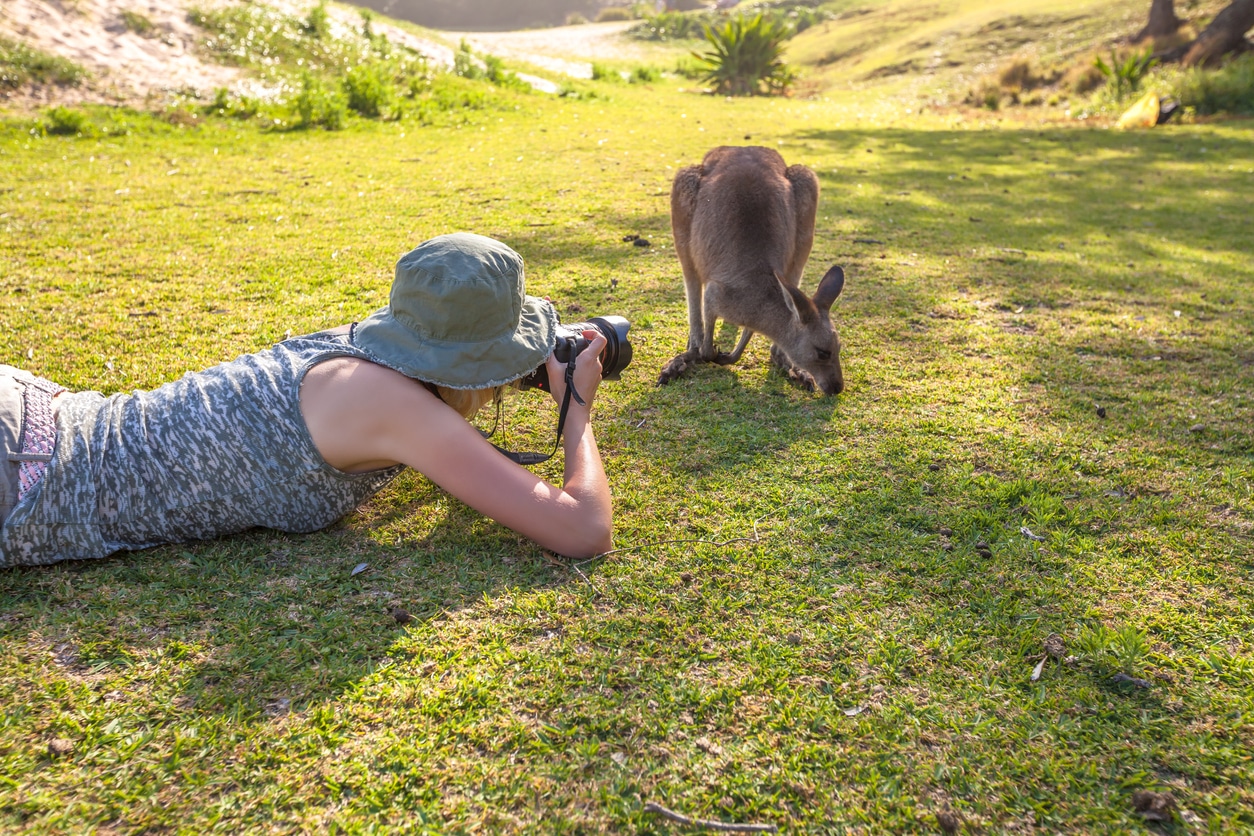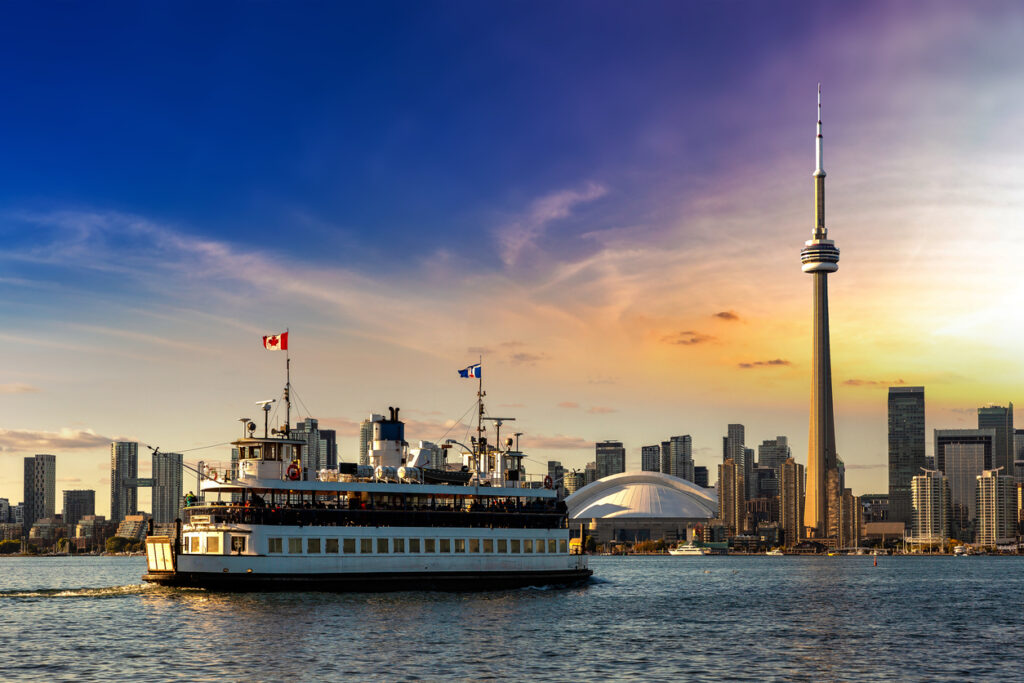Making the leap from the United States to Australia is a dream for many, but the reality of life Down Under often holds surprises that few American expats anticipate. Beyond the sun-soaked beaches and friendly accents, there are hidden challenges—cultural, professional, and personal, that can catch even the most prepared expat off guard. If you’re considering a move or are already navigating Aussie life, understanding these lesser-known hurdles can make all the difference in your transition.
Hidden culture shocks that catch Americans off guard
Australia and the U.S. share a language and a love for coffee, but don’t let the surface similarities fool you. Many American expats in Australia are surprised by the subtle yet significant cultural differences that shape daily life.
For example, the famed Australian “laid-back” attitude can sometimes be mistaken for indifference or a lack of urgency, especially in customer service or bureaucratic settings. You might find that things move at a slower pace, and direct confrontation is often avoided in favor of humor or understatement.
Another common surprise is the Australian sense of humor, which leans heavily on irony and self-deprecation. What’s meant as friendly banter can sometimes feel like teasing to Americans used to more straightforward communication. Even everyday language can trip you up—terms like “thongs” (flip-flops), “barrack” (to cheer for a team), or “arvo” (afternoon) are just the tip of the iceberg.
💡 Pro Tip:
Embrace curiosity and ask questions when you’re unsure. Most Aussies appreciate a good laugh and are happy to explain their unique expressions or customs.
Work culture differences that impact your career
The Australian workplace can feel both familiar and foreign to American expats in Australia. While both countries value hard work, the approach to work-life balance is distinctly different. Australians generally prioritize time off, with a strong emphasis on using annual leave and enjoying public holidays. Overtime is less common, and there’s a cultural expectation to leave work at work—something that can be refreshing, but also challenging for Americans used to a more “always-on” mentality.
Meetings tend to be more informal, and hierarchy is less pronounced. It’s not unusual for junior staff to address senior leaders by their first names, and open dialogue is encouraged. However, ambition is often expressed more subtly; overt self-promotion can be frowned upon, and teamwork is highly valued over individual achievement.
💡 Pro Tip:
Observe how your colleagues interact and don’t be afraid to ask for feedback. Adapting to these norms can help you build stronger professional relationships and avoid misunderstandings.
Social expectations and friendship-making challenges
Building a social circle is one of the most rewarding—and sometimes frustrating—aspects of expat life. Many American expats living in Australia find that while Aussies are friendly and approachable, forming deep friendships can take time. Social groups often form around shared activities, such as sports, volunteering, or community events, rather than spontaneous gatherings.
You might notice that invitations to social events are less frequent at first, and casual acquaintances can take a while to develop into close friendships. This isn’t a reflection on you; it’s simply a different approach to socializing. Australians value authenticity and may be wary of what they perceive as “over-friendliness” or superficiality.
💡 Pro Tip:
Get involved in local clubs, sports teams, or interest groups. Consistent participation is key to building trust and genuine connections.
Geographic isolation and its psychological effects
For U.S. expats in Australia, the sheer distance from family and friends back home can be emotionally challenging. Spontaneous trips to the U.S. are rarely feasible, and time zone differences can make regular communication tricky.
This sense of distance can sometimes lead to feelings of homesickness or even “expat blues.” It’s important to acknowledge these emotions and find healthy ways to cope, whether through building a support network locally, scheduling regular video calls, or planning visits when possible.
💡 Pro Tip:
Prioritize self-care and stay proactive about maintaining connections with loved ones. Many expats find comfort in joining online communities or local expat groups where they can share experiences and advice.
Visa complications and residency hurdles no one mentions
Navigating Australia’s visa system is often more complex than American expats in Australia expect. While there are several pathways—such as skilled migration, employer sponsorship, or partner visas—each comes with its own set of requirements, paperwork, and waiting periods. Changes in immigration policy can also impact your plans, sometimes with little warning.
It’s not uncommon for expats to face unexpected delays, requests for additional documentation, or even visa rejections. Permanent residency and citizenship are achievable, but the process can be lengthy and requires careful planning. Additionally, certain visas may restrict your ability to change jobs or travel freely, so it’s crucial to understand the fine print before making any commitments.
💡 Pro Tip:
Consult with a registered migration agent or immigration lawyer to ensure you’re on the right track. Staying informed and organized can help you avoid costly mistakes and unnecessary stress.
Life Down Under, Sorted
Australia offers plenty to love—but U.S. taxes abroad? Not so much. Even seasoned expats get caught between two systems, both demanding their share.
That’s where Bright!Tax shines. Our award-winning team works exclusively with American expats, handling every detail—from FBARs to foreign income exclusions—so your taxes stay compliant and your stress levels stay low.Talk to a Bright!Tax adviser and let us make the cross-Pacific paperwork the easiest part of your move.
Frequently Asked Questions
-
What are the biggest culture shocks for American expats in Australia?
Many American expats in Australia are surprised by the laid-back attitude, unique slang, and indirect communication style. Adjusting to these differences can take time but is key to a smoother transition.
-
How does work culture in Australia differ from the U.S.?
Australians value work-life balance, informal communication, and teamwork. Overtime is less common, and there’s less emphasis on hierarchy and self-promotion compared to the U.S.
-
Is it hard for American expats in Australia to make friends?
Building deep friendships can take longer, as Australians often form social circles through shared activities. Consistency and authenticity are important for forming lasting connections.
-
What psychological challenges do American expats in Australia face due to geographic isolation?
Homesickness and feelings of isolation are common, given the distance from the U.S. Staying connected with loved ones and building a local support network can help.
-
What visa issues should American expats in Australia be aware of?
Visa processes can be complex and subject to change. Delays, documentation requirements, and restrictions on work or travel are common hurdles. Professional advice is recommended.

 Connect on LinkedIn
Connect on LinkedIn

